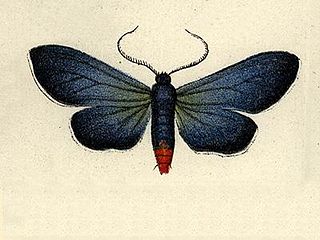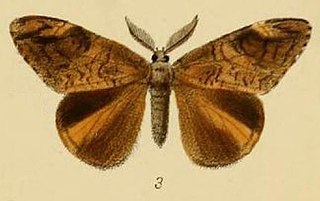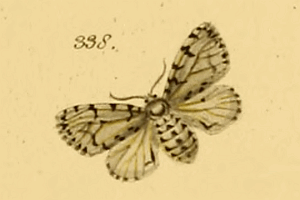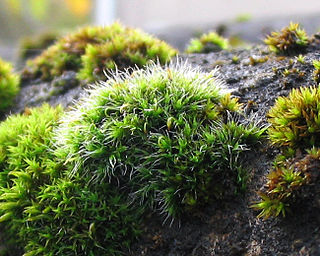
Renée Rebecca Geyer is an Australian singer who has long been regarded as one of the finest exponents of jazz, soul and R&B idioms. She had commercial success as a solo artist in Australia, with "It's a Man's Man's World", "Heading in the Right Direction" and "Stares and Whispers" in the 1970s and "Say I Love You" in the 1980s. Geyer has also been an internationally respected and sought-after backing vocalist, whose session credits include work with Sting, Chaka Khan, Toni Childs and Joe Cocker.

Matt Geyer is an Australian former professional rugby league footballer. A New South Wales State of Origin representative wing, he played his club football primarily with the Melbourne Storm of the National Rugby League competition, winning the 1999 premiership with them. He also represented City Origin and played for the Western Reds. Geyer is also the younger brother of rugby league personality Mark Geyer.

Dean Stanley Geyer is a South African Australian singer-songwriter, actor and martial artist who finished third in the 2006 season of the talent show television series Australian Idol, and has had a notable role in the Australian soap opera Neighbours as Ty Harper. He joined the cast of the US show Glee in the 4th season as NYADA Junior Brody Weston and appeared in Terra Nova as Mark Reynolds.

Thera is a genus of moths of the family Geometridae erected by James Francis Stephens in 1831.

Xanthorhoe is a genus of moths of the family Geometridae described by Jacob Hübner in 1825.

Uranophora is a genus of moths in the family Erebidae. The genus was erected by Jacob Hübner in 1831.

Agathodes is a genus of moths of the family Crambidae. The genus was first described by Achille Guenée in 1854.

Parotis is a genus of moths of the family Crambidae.

Ochropleura is a genus of moths of the family Noctuidae described by Jacob Hübner in 1821.

Aroa is a genus of moths in the subfamily Lymantriinae first described by Francis Walker in 1855. Species are distributed in South Africa, China, throughout India, Sri Lanka, Myanmar, and Java.

Phaiogramma is a genus of moths in the family Geometridae erected by Carl Freiherr von Gumppenberg in 1887. Markku Savela gives this name as a synonym of ChlorissaStephens, 1831.

Ochropleura leucogaster, or Radford's flame shoulder, is a moth of the family Noctuidae. The species was first described by Christian Friedrich Freyer in 1831. It is found near the Mediterranean Sea, southern Europe, Turkey, Lebanon, Israel, North Africa and southern Africa as well as on some islands of the Indian Ocean. It is believed to be extinct in Great Britain unlike O. plecta.
Pseudochazara is a genus of butterflies within the family Nymphalidae.

Grimmia is a genus of mosses (Bryophyta), originally named by Jakob Friedrich Ehrhart in honour of Johann Friedrich Carl Grimm, a physician and botanist from Gotha, Germany.
Vegetia is a genus of moths in the family Saturniidae first described by Karl Jordan in 1922.
Vegetia dewitzi is a species of moth in the family Saturniidae. It was described by Peter Maassen and Gustav Weymer in 1886. It is found in South Africa.

Acanthovalva is a genus of moths in the family Geometridae described by Martin Krüger in 2001.

Diaphora luctuosa is a moth of the family Erebidae. It was described by Jacob Hübner in 1831. It is found in the Alps, on the Balkan Peninsula and in the Black Sea region.
Condica viscosa is a moth of the family Noctuidae. It was described by Christian Friedrich Freyer in 1831. It is found from southern Europe and North Africa to Arabia and the southern parts of western Asia. The habitat consists of lowland areas near the coast, including dry slopes, road side verges, dry river beds or fallow land.

Grimmia pulvinata, otherwise known as grey-cushioned grimmia or pulvinate dry rock moss, is a bryophyte moss common in temperate climates worldwide.















